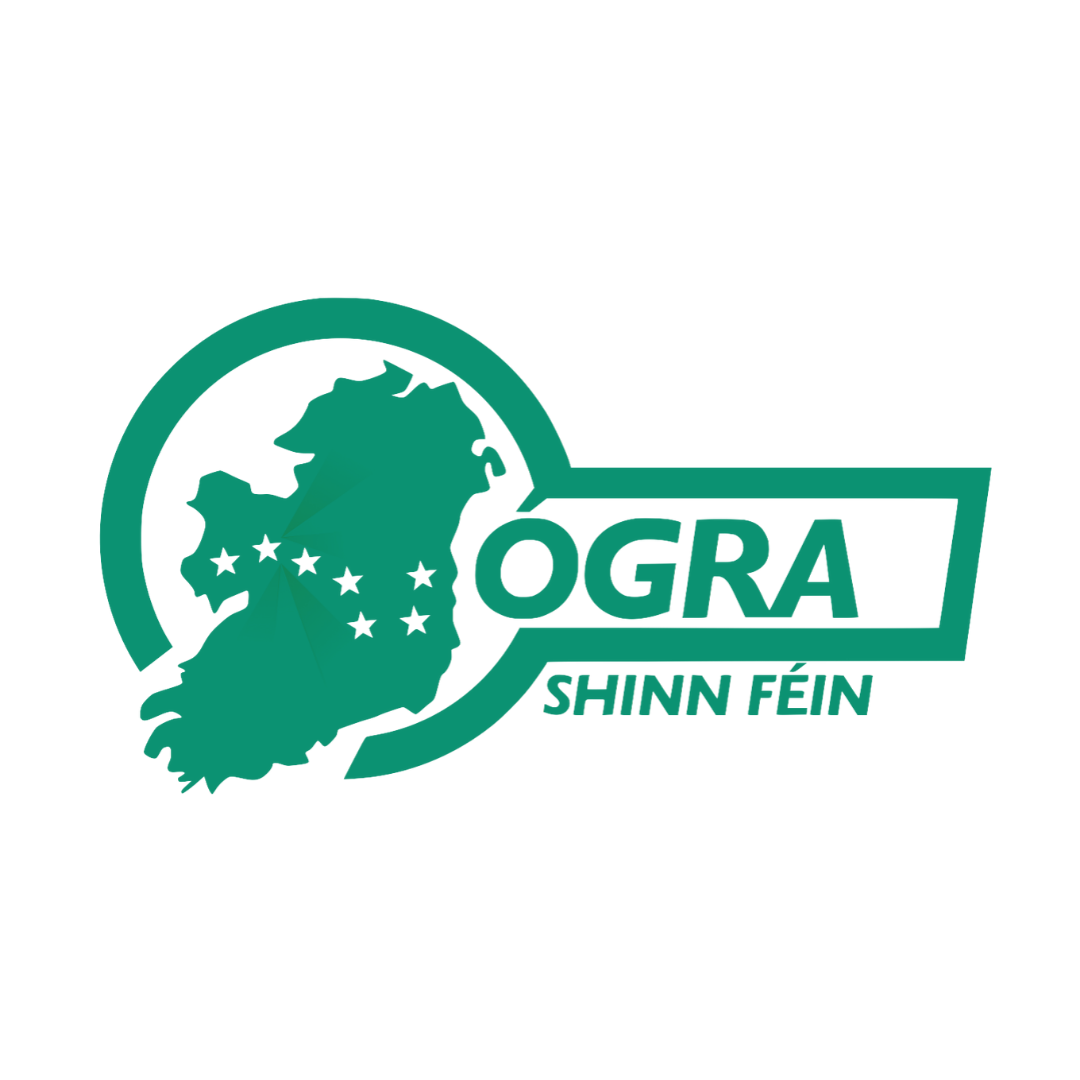I Don’t Like What You’re Saying, Therefore, it is Untrue
Irish Republicans are no stranger to censorship. Throughout the latter stages of the conflict (1988-1994), Sinn Féin leaders such as Gerry Adams were muted or usually dubbed over as some considered his accent to be too intimidating under Section 31 – which begs the question; was it his accent or was it what he was saying, that certain cabals within said establishment found intimidating? We still see today the British establishment’s fear of the truth and the expression of veracity – we see this everyday by the current Conservative Party who would spit in your face and then tell you it was raining. Keir Starmer would then argue that taking a spit in the face from a Toff is pragmatic and works for everyone.
Adam Curtis argued in his divisive documentary Hypernormalisation (2016) that politicians without power have helped create a fake world, driven by the sole goal of clicks and social media interactions. Angry people click more. But what happens when what angry people are clicking on is untrue, yet endorsed by politicians who were supposed to explain our place in the world? After the election of Donald Trump in 2016, stories arose about how he was fighting against the elite of America and wanted to ‘drain the swamp’ – leading to his party and supporters spreading outlandish, weird and frankly grotesquely distorted stories. This followed and accompanied a fundamental mistrust in the MSM (Mainstream Media) post 2008 Crash and has led us to where we are now.
The rise of these stories or, ‘conspiracy theories’, handed a golden ticket to Governments, States and client journalists around the world – to help them control their narrative and agenda across society. Donald Trump is still arguably the most divisive and hated (probably rightly so) figure across Western Society. But he achieved what he wanted and what Shia La Beouf did not want – he did divide us. If Trump’s supporters agreed and endorsed on something, reactionary Liberals would have to run as a far away from that agreement as possible, abandoning the space for nuanced constructive debate and discussion – not that anything Trump ever spat out deserved much thought or consideration – but it was the damage he caused that has left its mark. The abandonment of political debate quickly spread to all political realms around the world. As the old saying goes – “If America sneezes, the world gets a cold”.
What we see now is the Americanisation and tribalisation of media and political debate in Ireland and Britain. Often now, when Leo Varadkar and his party do not like something, they will shout ‘populist’ or ‘Trumpism’ across the Dáil chamber – because of its buzzword clickbait ability and media association with Donald Trump. This is a State and media tactic to use Liberals’ reactionary nature to undermine any argument they do not like or agree with. So, the Brits may have used Section 31 to censor ‘dissenting voices’ and our movement, but today, we see the Liberal media, client journalists and out-of-idea-Neo Liberal politicians of the Irish State attempt use soundbites to undermine Irish Republican politicians’ fight for national, economic and cultural justice.
As young Irish Republicans, we must be cautious of the games the media and State will play to undermine our fight for national, economic and cultural liberation.
The perfidious cancerous stream that was the lexicon of Donald Trump has divided society and enabled opposing political views to ‘other’ one another. The Irish media and the State will always try to ‘other’ and silence our movement – just like the Brits did - but the moon is rising, change is here – they may have delayed it, but they cannot deny it.
le Brandon McGrane
